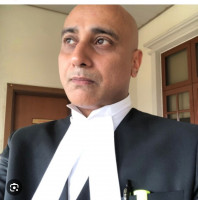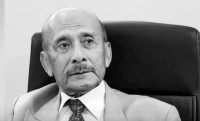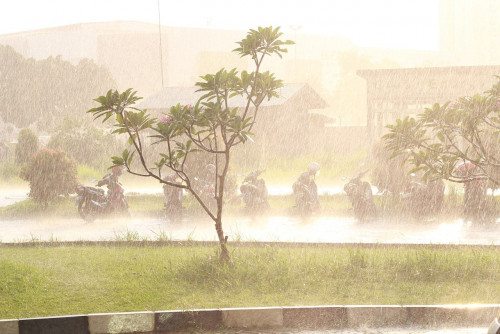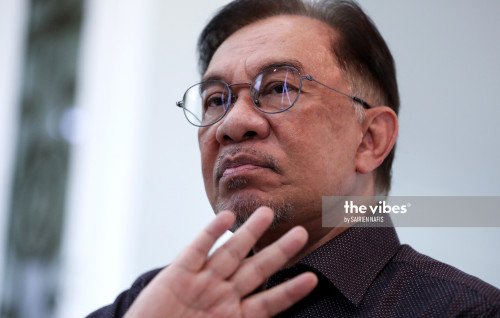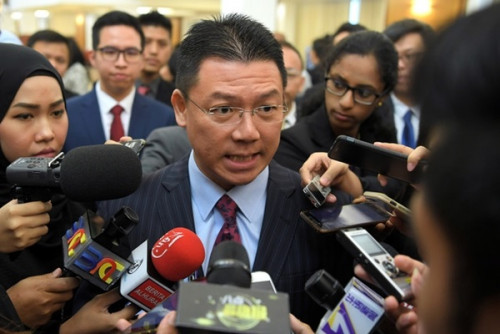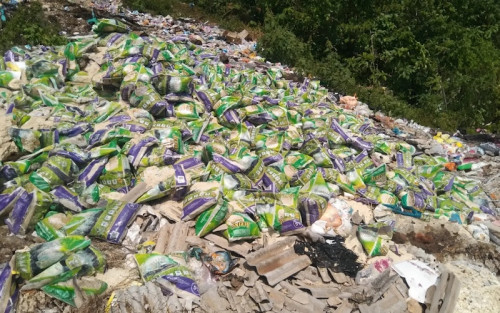
IN the past, there have been cases where the Attorney-General’s Chambers (AGC) – on the recommendation of several law enforcement agencies – had withdrawn charges that were preferred against several individuals such as Datuk Noor Ehsanuddin Mohd Harun Narrashid, Riza Shahriz Abdul Aziz, and Datuk Seri Ahmad Maslan, involving alleged crimes of corruption and money laundering.
The AGC in exercising its discretion was criticised by several quarters – although in some cases, the court had only granted a discharge not amounting to an acquittal, which means the prosecution has the power to reinstate the said charges at a future date.
There are laws that allow for such discretion. For example, Section 254 of the Criminal Procedure Code allows the AG – who also acts as the public prosecutor – to defer criminal proceedings against an accused person; and Section 92 of the Anti-Money Laundering, Anti-Terrorism Financing and Proceeds of Unlawful Activities Act 2001 (AMLATPUAA) allows enforcement agencies with the consent of the public prosecutor to compound an accused for any offences under the said act.
In law, the legal principle in relation to the standard of proof is the degree of proof that a party must prove in order to enable that party to succeed in a case.
The standard of proof in a criminal case differs from that of civil cases. In criminal cases, the standard of proof is beyond reasonable doubt, whilst in civil cases, the standard of proof is on a balance of probabilities.
Beyond reasonable doubt means the prosecution will have to adduce evidence and put forth arguments in establishing guilt so distinctly that it leaves no doubt to a reasonable person that the accused is guilty.
The courts have on various occasions asserted that the legal burden entrusted on the prosecution by statute at the first stage must be discharged according to the required standard of proof and nothing less.
If the prosecution fails to discharge the said standard of proof, then the prosecution would not have established a prima facie case, and the accused would be acquitted and discharged without his defence being called.
There are a myriad of challenges faced by investigators involving financial crimes, and this inevitably fends off prosecutors in preferring charges against people associated with money laundering, corruption, and bribery practices.
Failure to prove the ingredients of the offences committed, or establish the admissibility of the necessary evidence at trial would have a disastrous effect on the case concerned and may result in it being dismissed, resulting in an acquittal.
Investigators are faced with challenges such as the recollection of eyewitness accounts of events, and in some instances, the non-cooperation of material witnesses reluctant to testify in court for fear that they may be implicated.

Other significant difficulties include the procurement of documentary evidence, lack of resources such as funding, and cooperation from and access to other government agencies and related third parties to establish the chain of evidence and the trail of monies, and at times, access to independent experts.
There are also instances where investigators and prosecutors are faced with the dilemma as to whether the giver or recipient in bribery cases ought to be charged, as in most cases, the offence of corruption is consensual between two parties and is actuated by mutual beneficial interest.
Another feature of difficulty faced by investigators is the lack of specialised and skilled support staff in collating evidence during the course of an investigation.
Due to their inexperience and deficiencies in training and education, they are unable to ascertain what type of evidence is needed in order to secure a successful conviction in court.
It is against this backdrop that in some instances, the public prosecutor – armed with all the necessary facts and evidence obtained from relevant investigating agencies that are yet to be available to the court or the accused – exercises his discretion to, among others, discontinue criminal proceedings, negotiate a plea bargain, or accept representations made by the accused’s defence counsel to compound for offences under AMLATPUAA. He may be of the opinion that whilst a crime has been committed, there is a possibility that the prosecution may not be able to secure a conviction as a result of the high standard of proof.
In this regard, the AGC is at times faced with the dilemma on whether to prosecute as the evidence available, though adequate, may not be sufficient to realistically secure a conviction.
Fairness, justice in every case
To dispel the notion of improper prosecutorial discretions in the compounding of offences or withdrawal of criminal charges in relation to financial crimes, and to deter unfounded allegations of bias and selective prosecution made against the AGC, it is imperative and timely for Malaysia to introduce and embrace the concept of deferred prosecution agreements (DPAs) – which are widely practised by many countries including the United States, the United Kingdom, Canada, and Singapore – into the local criminal justice system by making changes to the Criminal Procedure Code.
A DPA is a negotiated agreement made voluntarily between an accused person or corporation with the prosecution to suspend criminal proceedings for a given period of time, subject to the compliance of DPA terms.
The DPA should contain a statement of the facts relating to the alleged offences – like a charge sheet that the accused admits to – penalties to be imposed such as hefty fines, the disgorging of money and assets, disqualification from engaging in similar transactions or public contracts, an undertaking by the accused not to violate any other laws relating to financial crimes, and in appropriate circumstances, compensating victims for their losses and other stringent conditions depending on the nature and severity of the alleged crime.
DPAs should only be applicable in cases involving financial crimes – and not cases relating to physical injury or bodily harm, and other serious crimes such as murder, kidnapping, possession of firearms, and sexual offences.
In this regard, there should be a schedule of offences listed in the Criminal Procedure Code that allows for a DPA.
The DPA is not an alternative to prosecuting crimes allegedly committed, but a conditional deferment to future prosecution of the said crimes.
However, if there is any violation of DPA terms within a specified period, the prosecution is then at liberty to revive and pursue criminal proceedings against the accused person or corporation for the alleged offences.
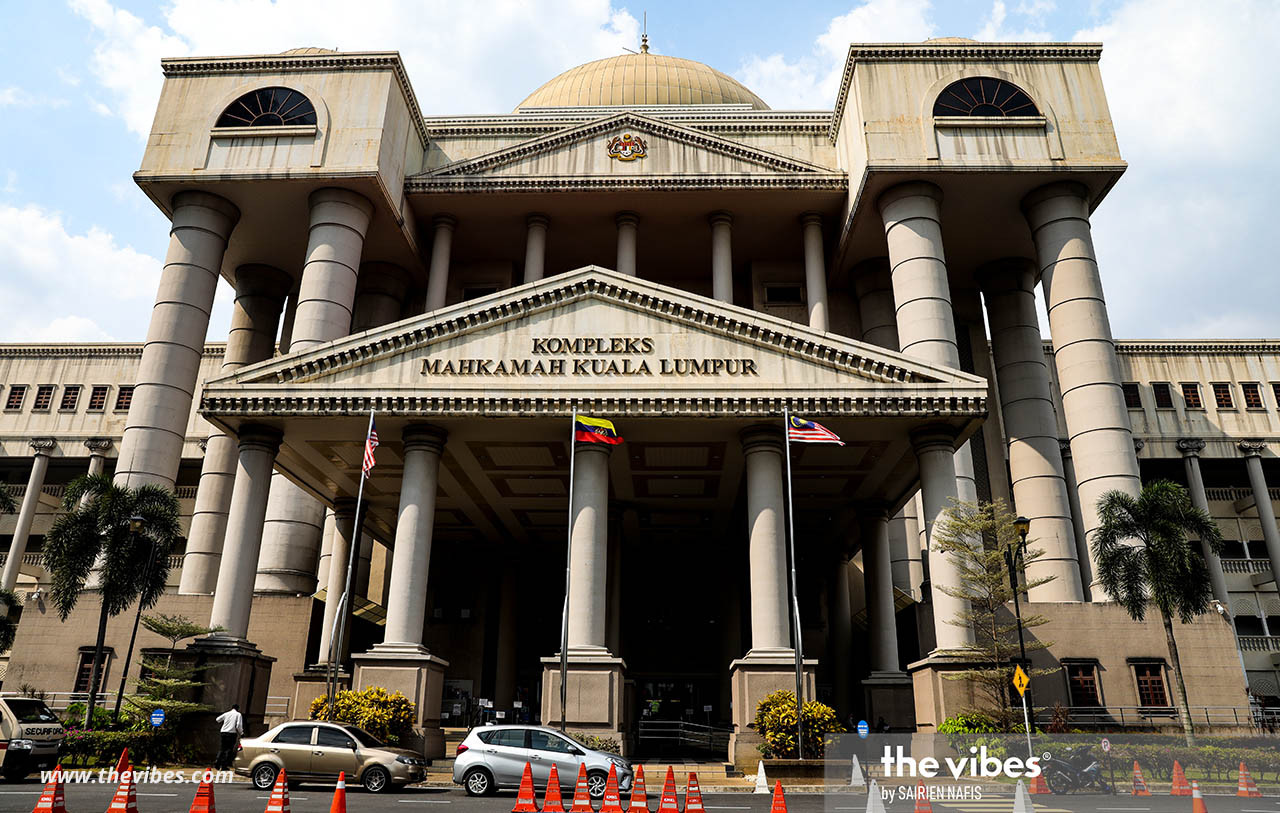
In other words, the prosecution only conditionally defers the intended criminal proceedings in respect of previous investigations carried out by enforcement agencies for offences allegedly committed, subject to adherence of the DPA by the accused.
The prosecution before offering a DPA must first consider relevant factors such as whether there has been a history of similar offences committed, the motive, the magnitude of losses incurred, if the accused had been cooperative during the course of investigations, and whether such an agreement is in the interest of justice and will serve a greater public interest.
Moreover, to eliminate any suspicion or elements of bias or abuse of this alternative prosecution process, the terms of the DPA – after agreement between the public prosecutor and the accused – must then be presented before a magistrate or judge for their approval. The court would first ascertain if the DPA process is apposite to the nature of the offences and if so, then whether the terms of the DPA are appropriate and deterrent in nature.
This enables the judiciary to ensure that the test of fairness and the interest of justice are applied in every case. The court must retain the discretion to reject a DPA deemed inappropriate or unjust.
The advantages in embracing and implementing this DPA concept are innumerable – such as decreasing the workload and difficulties faced by investigators and deputy public prosecutors, lowering costs and economising government resources in investigating and prosecuting crimes, reduction of future crimes by imposing conditions to deter future offences, encouraging whistleblowing, speedy compensation for victims, constituting a form of revenue for the government in fines paid and assets seized, preventing collateral damage to families, and most importantly, the element of certainty in securing a form conviction and obtaining retribution.
Hence, the government should explore this concept of deferred prosecution and aspire to implement it speedily. – The Vibes, November 5, 2021
Datuk Seri Rajan Navaratnam is a prominent senior lawyer and independent legal adviser to The Vibes



.jpg)
